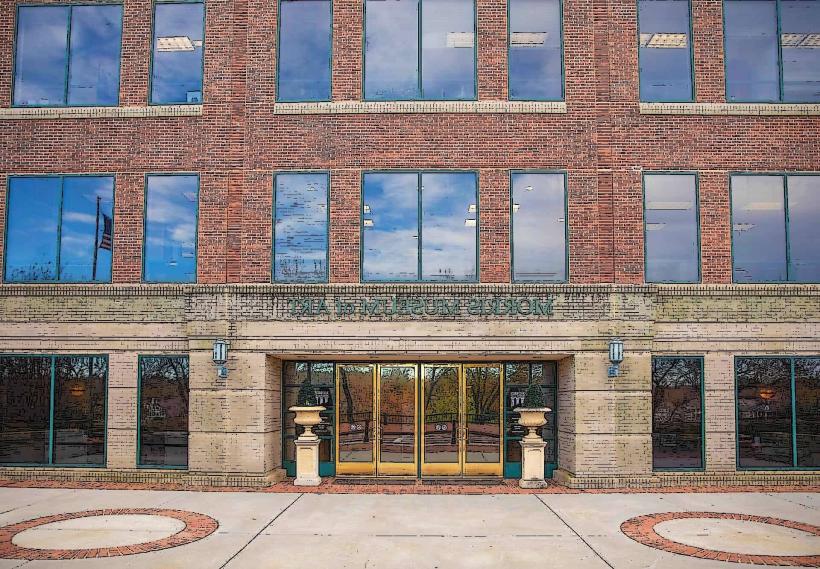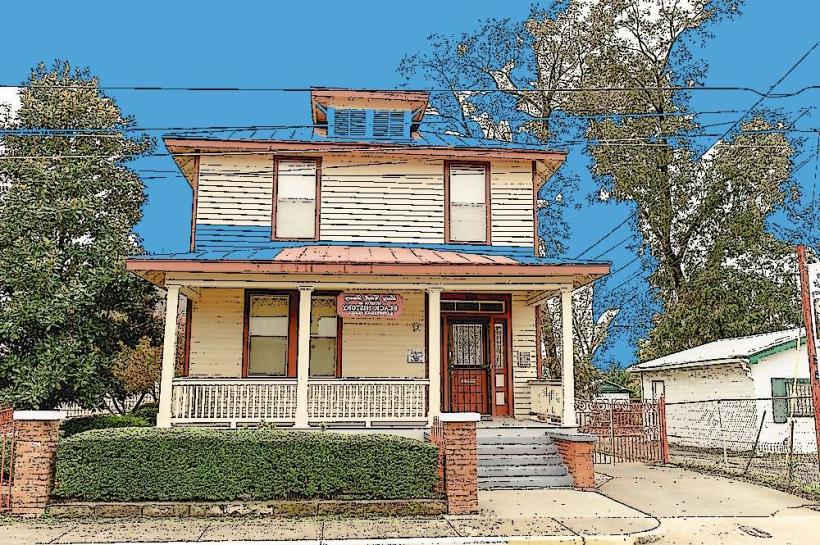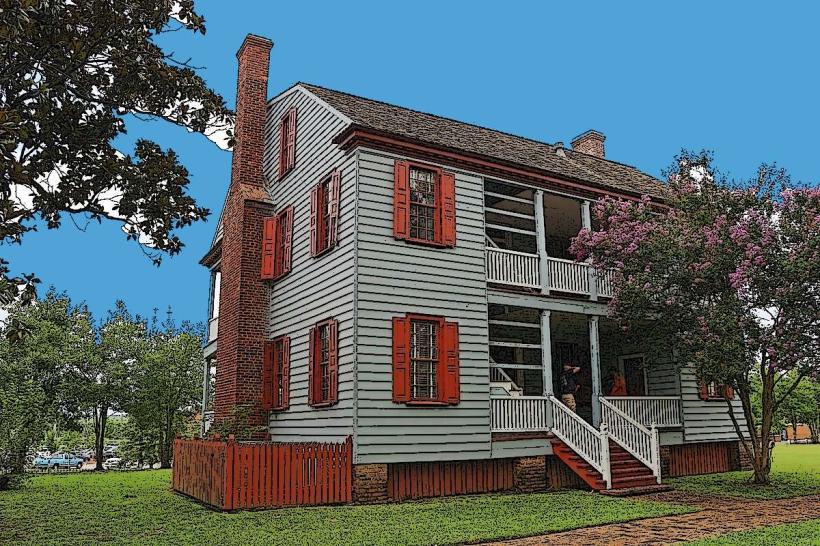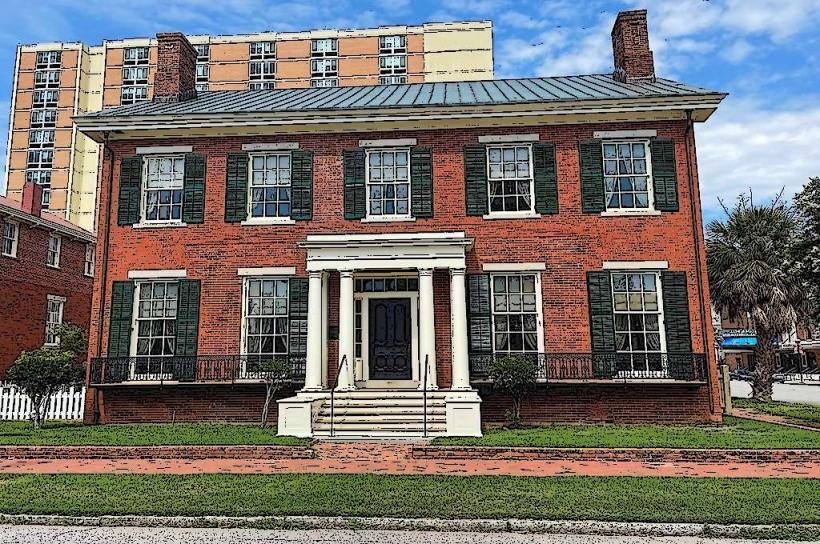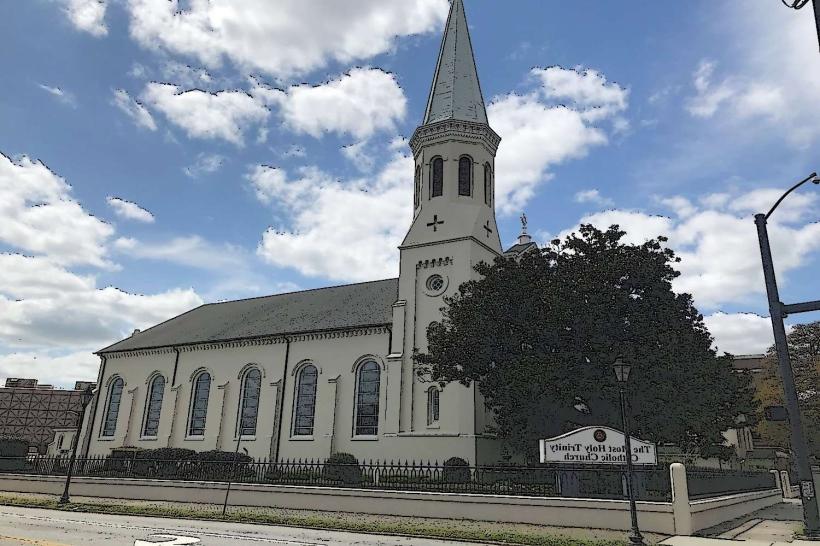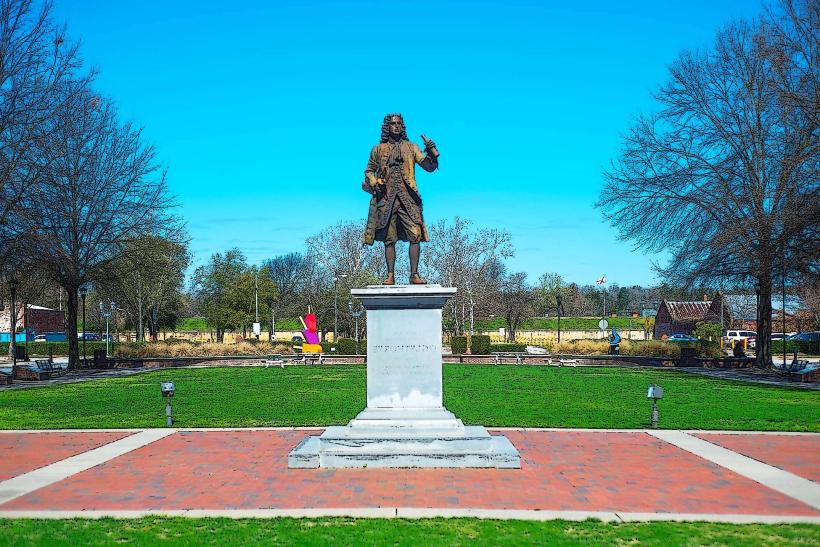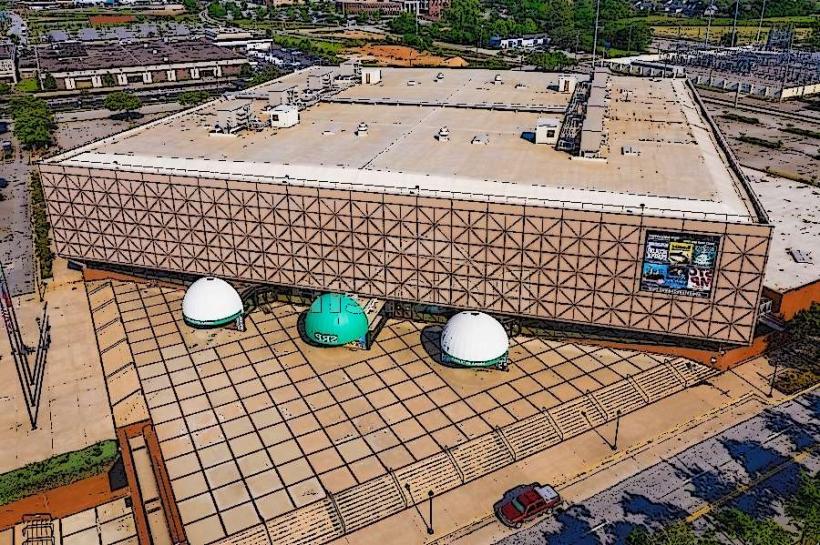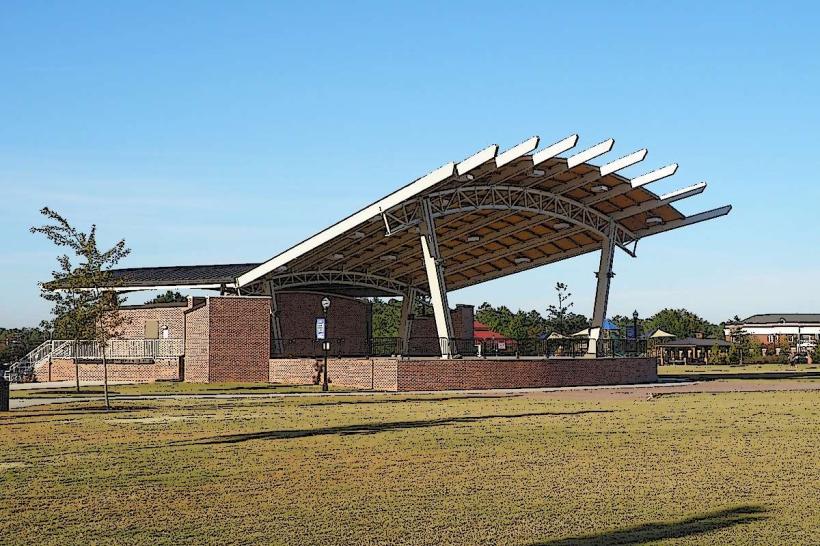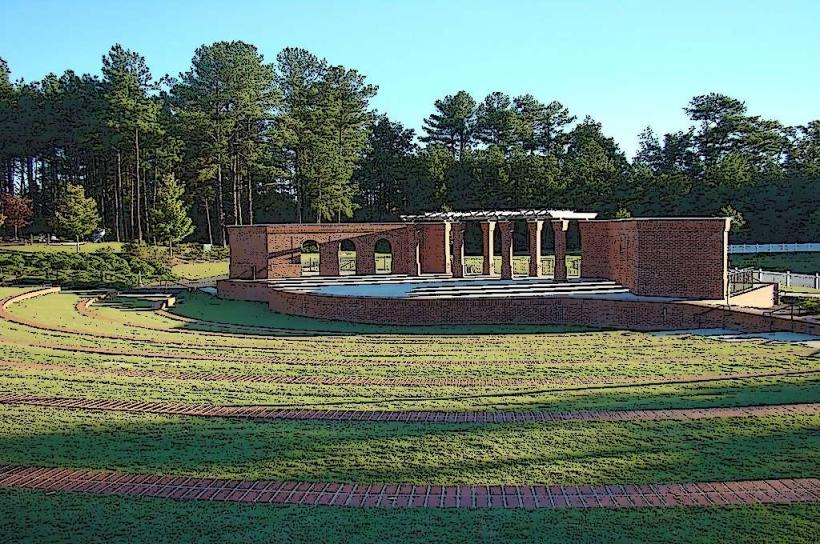Information
Landmark: Augusta Museum of HistoryCity: Augusta
Country: USA Georgia
Continent: North America
Augusta Museum of History, Augusta, USA Georgia, North America
The Augusta Museum of History is a municipal museum located in Augusta, Georgia, USA. It documents the history of Augusta and the surrounding region.
Visual Characteristics
The museum is housed in a brick building constructed in the Neoclassical style. The facade features prominent columns and a pediment. The interior exhibits are displayed within climate-controlled galleries.
Location & Access Logistics
The museum is situated at 568 Broad Street in downtown Augusta. It is approximately 1.5 miles from the Augusta Regional Airport (AGS). Paid parking is available in a municipal garage located directly across the street on Reynolds Street. The Augusta Public Transit system operates several bus routes that stop within a two-block radius of the museum, including routes 3, 5, and 7.
Historical & Ecological Origin
The building was originally constructed in 1917 as the United States Post Office and Federal Building. It was designed by architect James Wetmore. The building was later repurposed as a museum in 1979.
Key Highlights & Activities
Exhibits cover the history of Augusta from its founding in 1736 to the present day. Specific displays include artifacts related to the city's role in the Civil War, the development of the textile industry, and the Augusta National Golf Club. The museum also features a rotating exhibit space.
Infrastructure & Amenities
Restrooms are available on-site. Limited seating is provided within exhibit areas. Cell phone signal (4G/5G) is generally strong within the museum. No food vendors are located within the museum; however, numerous restaurants are situated on Broad Street within walking distance.
Best Time to Visit
The museum is open Tuesday through Saturday from 10:00 AM to 5:00 PM, and Sunday from 1:00 PM to 5:00 PM. It is closed on Mondays and major holidays. Weekday mornings typically have lower visitor counts. No specific tide or lighting conditions are relevant to visiting the museum.
Facts & Legends
A notable artifact within the museum is the original Masters Tournament trophy from 1934. The museum also houses a collection of artifacts related to the Augusta Canal, which was a significant source of power for the city's industrial growth.
Nearby Landmarks
- Augusta Canal National Heritage Area (0.3km East)
- Morris Museum of Art (0.4km West)
- The Augusta Riverwalk (0.2km South)
- Old Medical College of Georgia Building (0.6km Northwest)



